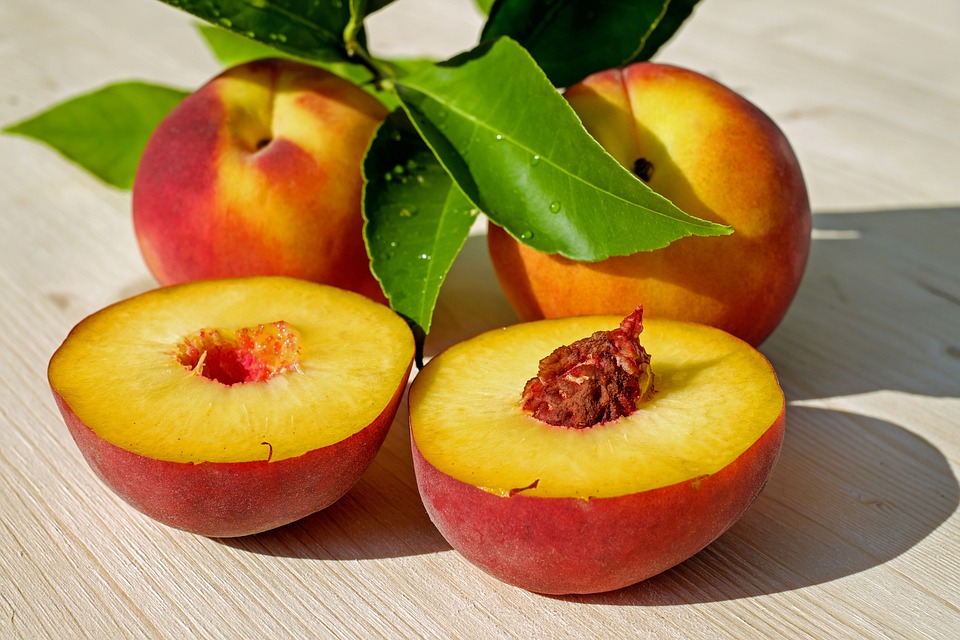
The rise of plant-based protein: a game-changer for athletes and fitness enthusiasts
As the demand for plant-based alternatives continues to grow, athletes and fitness enthusiasts are increasingly turning to plant-based proteins as a staple in their nutrition and training regimen. The emergence of plant-based proteins is a game-changer, offering numerous benefits to those looking to improve their performance, improve recovery, and maintain overall health. In this article, we’ll explore the reasons behind the surge in popularity of plant-based proteins and how they have become an indispensable resource for those pursuing athletic endeavors.
Benefits of plant protein for athletes and fitness enthusiasts
Plant protein offers a wide range of benefits that make it an ideal choice for athletes and fitness enthusiasts:
- Complete Amino Acid Profile: Plant-based protein sources such as quinoa, hemp seeds, and soybeans provide all the essential amino acids needed for muscle repair and growth.
- Improved digestion: Plant protein is often easier to digest than animal protein, reducing the risk of digestive discomfort during intense training or competition.
- Reduce inflammation: Many plant foods have anti-inflammatory properties, which can help you recover faster and reduce your risk of infection.
- Less environmental impact: Choosing plant protein over animal protein can help reduce carbon emissions and water use, making it a more sustainable option for athletes and fitness enthusiasts.
- Heart health: Plant protein is lower in saturated fat and cholesterol, which can help promote cardiovascular health and reduce the risk of heart disease in the long term.
Case studies and examples
Many athletes and fitness professionals have successfully transitioned to plant-based protein and have seen significant improvements in their performance and overall well-being. For example, ultra-endurance athlete Rich Roll credits his plant-based diet with helping him complete the EPIC5 Challenge, a series of five Ironman distance triathlons on five different Hawaiian islands in less than a week.
Additionally, professional tennis player Venus Williams adopted a plant-based diet to manage her autoimmune disease, and has seen significant improvements in her energy levels and fitness. These examples demonstrate how plant-based protein can be a game-changer for athletes and fitness enthusiasts at all levels of competition.
Development of plant protein products
One of the driving forces behind the rise of plant-based proteins is the increasing availability of high-quality plant-based protein products. In the past, plant-based protein options were limited, and often lacked taste and texture compared to their animal counterparts. However, advances in food technology and increased demand have led to a wide range of plant-based protein products that closely mimic the taste and texture of traditional animal protein sources.
From plant-based protein powders and bars to meat alternatives like Beyond Meat and Impossible Foods, athletes and fitness enthusiasts now have access to a variety of plant-based options to support their training and recovery.
Statistics on the growth of plant protein
The surge in popularity of plant-based proteins is supported by statistics showing growing consumer demand for plant-based alternatives. According to a report by GlobalData, plant-based food sales in the United States rose 8.1% in 2017, while sales of traditional animal products increased only 2.3%. This shift in consumer behavior indicates a growing preference for plant-based options, including plant-based protein, among athletes and fitness enthusiasts.
Furthermore, a study published in the Journal of the International Society of Sports Nutrition found that plant protein can be just as effective as whey protein in supporting muscle growth and recovery after resistance training. This research reinforces the credibility and effectiveness of plant-based proteins for athletes and fitness enthusiasts.
Conclusion
The emergence of plant-based proteins is truly a game-changer for athletes and fitness enthusiasts, offering numerous benefits that go along with the demands of their active lifestyles. From improving digestion and reducing inflammation to environmental sustainability and heart health, plant-based protein provides a comprehensive approach to nutrition that can enhance athletic performance and overall well-being.
With the development of high-quality plant-based protein products and mounting evidence supporting their effectiveness, it is clear that plant-based protein has secured its place as a valuable resource for those looking to improve their nutrition and achieve their fitness goals. As demand for plant-based alternatives continues to rise, athletes and fitness enthusiasts can confidently embrace the benefits of plant-based proteins as a staple in their training and recovery protocols.